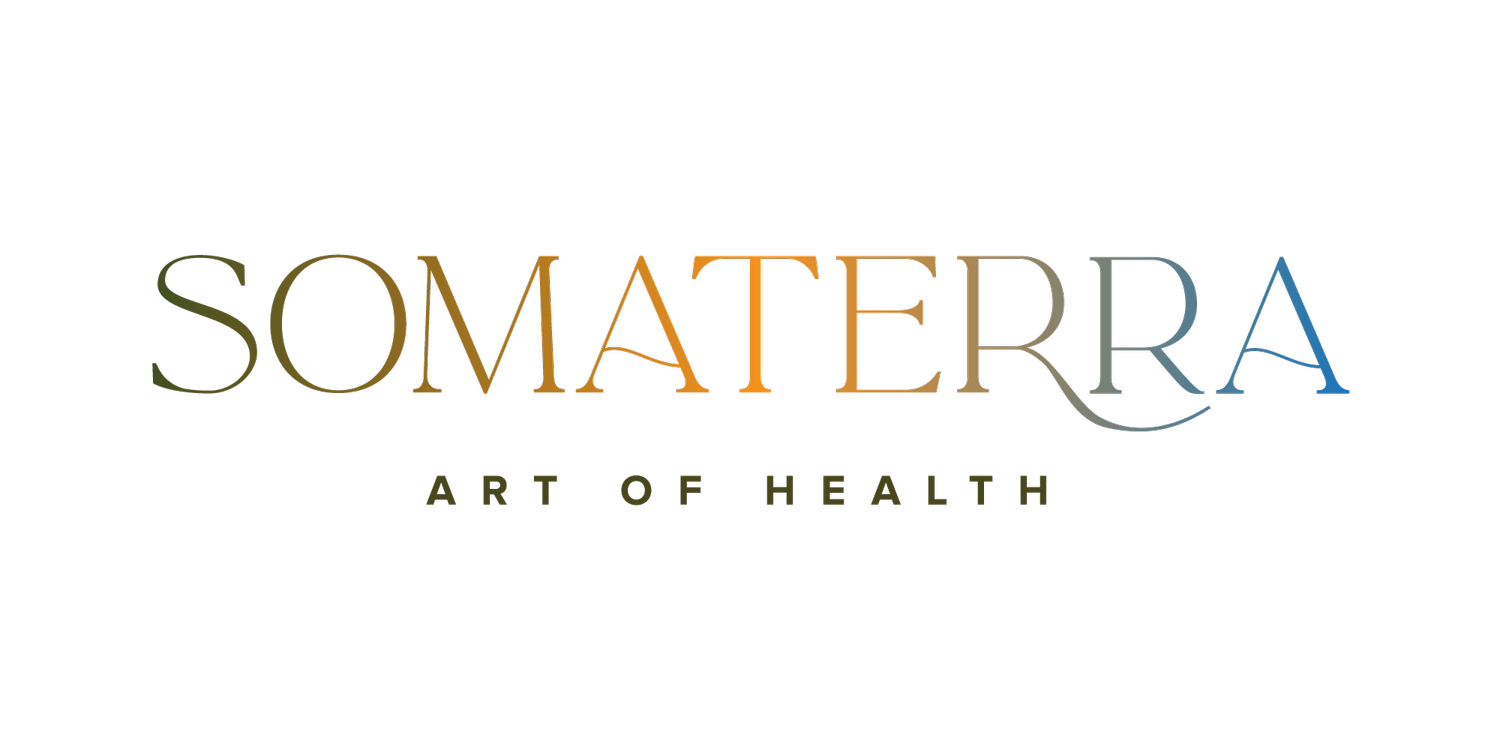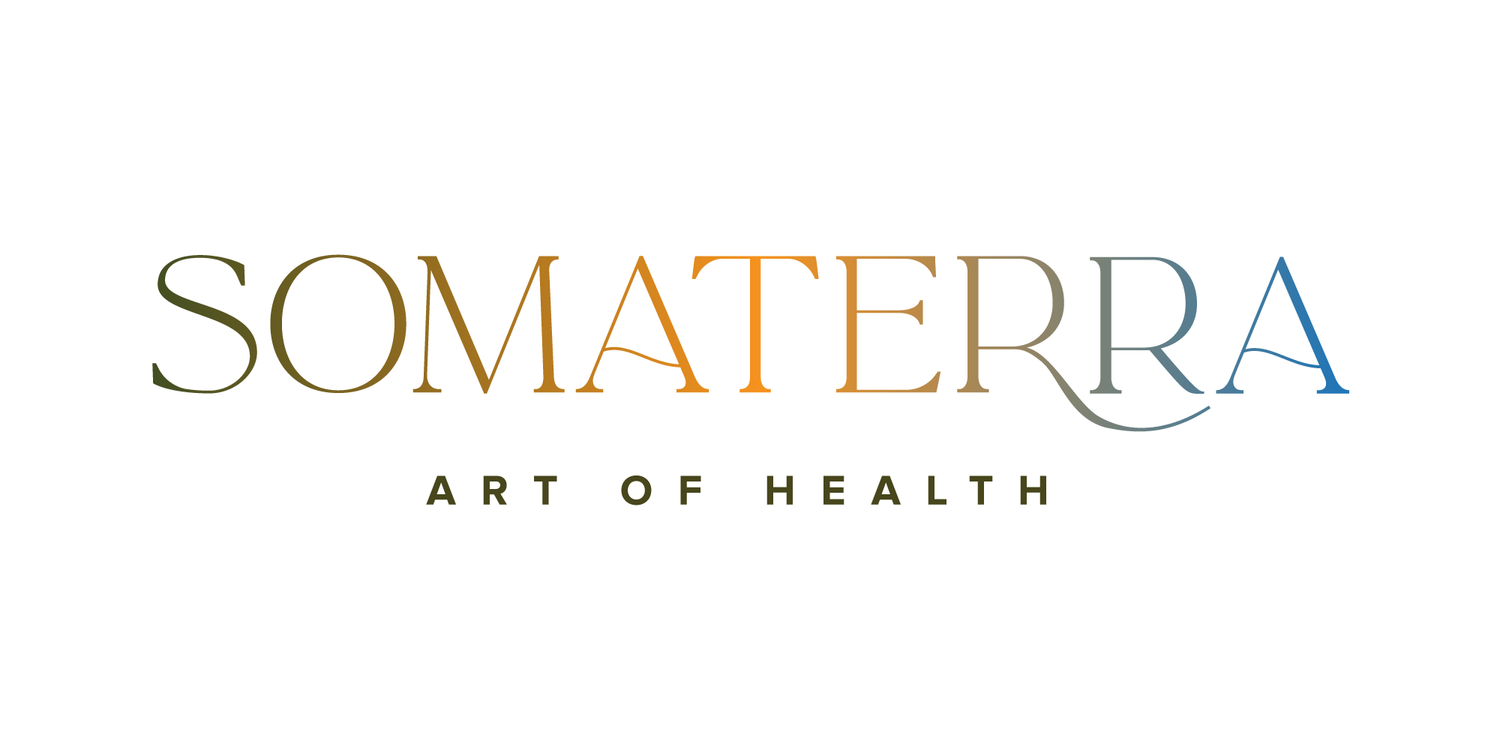Balancing Sun and Moon, wakefulness and sleepiness
Reading time :
bare roots : 2 minutes (530 words)
full article : 9 minutes (1,220 words)
Falling asleep when you feel tired, sleeping consistently throughout the night, and feeling rested when you wake up is what we all strive for.
Unfortunately it tends to be less common than it should be. Many factors affect the quantity and quality of sleep including irregular sleeping patterns, eating too close to bedtime, and most importantly, light. Enough of the right kind of sleep is vital for disease prevention and long-term health maintenance.
Don’t got time but want the gist? Here are the bare roots.
Tips for better quality sleep
Regulate your daily lifestyle as best as you can.
Strive for healthy, organic foods whenever possible. Find ways to move your body. Exercise your mind. Support your mental health on a regular basis. Be gentle with yourself and do each of these things one step at a time.
Regulate your sleep environment.
However possible, make it comfortable, make it dark and make it quiet. Establish a bedtime ritual if you find it helpful. An example would be:
Set the stage. Put away electronics and turn down or soften all lights in the home. Blue blocker glasses are great to regulate blue light later in the day when you are less concerned about stimulating your wakeful systems. This is extremely helpful in the case of artificial light in the evenings that can delay melatonin release.
Soothe yourself. Make a bedtime tea. Use your favourite calming moisturizer.
Self care. Wash your face, brush your teeth, pajamas.
Acupressure can be helpful to calm the mind. Try the back of the head along the base of the skull, pressing from the centre out towards the ears at anmian, or at sanyinjiao on the inside of your lower leg 1 hand width above your medial malleolus. [pics included]
Read, meditate, gently stretch <15 minutes. Binaural beats, meditation scripts, yoga nidra are all very helpful tools to help wind down. Exhales that are longer than inhales tend to activate the parasympathetic nervous system.
Relax and go to sleep. Use the early day light energy to naturally regulate your internal wakefulness and sleepiness mechanisms. Romantic, low-on-the-horizon light is best ;)
But how? Get outside upon waking for at least 10 minutes. You do not need to look directly at the sun, but simply be outside in the light energy from the sun to allow the receptors in your eyes to absorb the wavelengths of light. Do this for one week and document your wakefulness and sleepiness levels throughout each day. You’ll likely notice that you are slowly shifting to go to bed earlier each night and naturally wake more in tune with the sunrise. Not only will this increase the quality and duration of your sleep, it also has numerous other benefits such as positive metabolic and cardiovascular effects and enhanced cognitive health.
Tips for better quality wakefulness
Set yourself up with the above for a good night’s rest.
Try to expose yourself to light 45 minutes before waking if possible. A light alarm clock can help begin the waking process.
Establish a waking routine. Let the dog out, turn the kettle on. Do a couple gentle stretches. Get outside. Drink some warm water. Have a light snack.Whatever feels nourishing for you.
Get outside within the first hour of waking. This helps maximize the chances of regulating your internal block.
Time your caffeine intake for (minimum) 2 hours after waking. This will allow your body to experience a natural rise in cortisol levels before pounding it with caffeine. Doing this will also prevent a caffeine crash later in the day.
Establish healthy lifestyle practices. This includes eating, exercising (physically, mentally, spiritually), and supporting your mental health on an ongoing basis.
Want to know more? Let’s dive in!
The quality and quantity of our wakefulness and sleep govern every aspect of our health. Rest helps to repair and rewire your brain and body and therefore it is important that the duration and quality is sufficient and consistent.
It’s all connected; poor quality sleep can affect the quality of wakefulness during the day, and poor quality daytime choices can affect the quality of night sleep. There are many factors that influence the systems involved with wakefulness and sleep. Let’s first consider sleep.
It is difficult for most people to fall asleep without first feeling tired. So what exactly is it that makes you feel sleepy as the day goes on? Let’s look at adenosine and the circadian rhythm, from both a bio-medical as well as a Chinese Medicine perspective.
Adenosine is an organic compound that helps with cellular energy transfer. It begins to accumulate in the nervous system as we are awake; the higher the levels of adenosine, the more sleepy and less alert we feel.
Similarity is the 24 hour “sleep-wake” circadian cycle. This is an internal clock that determines natural wakefulness and sleepiness, aids with thermal regulation, influences eating habits and digestion, and other bodily functions. While any light will do, the circadian rhythm is influenced in a special way by sunlight, especially when it is the low on the horizon.
Chinese medicine for centuries has recognized it’s own 24 hour Body Clock. Each organ has a two hour window where it is particularly abundant and strong. Because energy is a constant source of transformation, it influences specific intervals as it moves through the body stimulating each organ’s natural tendency to move towards health. When this mechanism is impaired somewhere within the system or along the chain of flow, dis-ease may prevail.
The quality of wakefulness and sleepiness starts with the eyes; they take in information about light and dark and transform it into a nerve signal that our brain considers when determining what to do in the future, wake or sleep. Strong, bright light triggers the activation of cortisol and suppression of melatonin, thereby enhancing wakefulness while at the same time setting a timer to re-activate melatonin 12-15 hours in the future. Low-to-no light stimulates the pineal gland to activate the release of melatonin and suppress cortisol, paired with the natural stimulation from the earlier set melatonin timer, all contributing to sleepiness.
This is why a dark room at night is so important. Even small amounts of light can penetrate the eyelids when closed, suppressing melatonin and other important phases in the sleep cycle. If you can’t get your room dark enough, eye masks have come a long way over the years and are more comfortable than ever.
What about wakefulness? Let’s check it out.
Between the hours of 5am and 9am, the two organs that are MOST full of Qi and MOST full of Blood are in the spotlight (Large Intestine & Stomach, Yangming). It makes sense why so many people experience the need to use the bathroom at this time each day. The stomach is said to control “rotting and ripening” as well as the transportation of food essence (nutrients) to the entire body, and it has a connection to the lower eyelid. The large intestine is the “Official in charge of passage and conduction” and it has a connection to the upper eyelid.
“When yang qi is profuse, eyes open. When yin qi is profuse, eyes are closed.” - Wang Ju Yi
Another connection worth mentioning for all the Chinese Medicine folk reading this is the connection of the Yin Qiao Mai and Yang Qiao Mai with the inner and outer canthus, whose points such as Shenmai (UB62) or Zhaihai (KD6) are helpful when treating insomnia or somnolence. The strong left and right crossover connections of the Qiao vessels influence our perception of and desire to move either towards or away from light.
The eyelids are literally our gateway to waking and sleeping!
Yang Qiao connects with the outermost superficial (tai)Yang of the body, while Yin Qiao is a branch of deep inner (shao)Yin. It is Taiyang’s natural instinct to protect Shaoyin at all costs. This is why we choose Yang Qiao to support the Shaoyin Kidneys and diseases relating to the Bones. The health and vitality of these two vessels determine our ability to move nimbly through the world, with strength and agility. This cooperation between structure and function is fundamental to our level of biological fitness.
Simply put, health is the result what we take in from the world and the strength of digestion that follows. The entire process helps to balance Yin and Yang and must be in good working order to experience good health.
~
What are you taking in and digesting from the world, and how does it affect who you become? This should be considered on all levels; mentally, spiritually, emotionally, and physically.
~
Now for a quick review from a bio-med perspective. You open your eyes to let the sweet sunlight in. Adenosine is low and cortisol begins to rise cascading effects throughout the body making you feel awake and alert. This rise in cortisol sets the built-in melatonin timer to be released at a later time in the day, usually 12-15 hours after waking. As daylight wanes and the quality of light changes, adenosine has built up and your sleep systems begin to kick in. Melatonin is released and you feel tired and ready for bed.
As you can see, this makes light the primary time setter for sleep and wakefulness. Why not use it to your advantage to experience better sleep and enhanced wakefulness in your every day life?
Eyes respond best to the quality of light from the sun that is low in the sky, think sunrise or sunset. During sunrise, the yellow and blue wavelengths trigger the activation of these neurons which shift the cortisol system into gear. That is, blue light turns us ON, enhancing alertness and vigilance. Alternatively at sunset, yellow and red wavelengths trigger the melatonin system shifting us into a state of sleepiness, essentially turning us OFF. This is why glasses with special lenses that regulate the quality of light coming in can be so effective at regulating wakefulness and sleepiness.
Perhaps this is why we are all so naturally drawn to the beauty of sunrises and sunsets, because it is an innate regulating mechanism that moves us towards health on a basic level!
Todays world is full of bright lights, smart phones, giant tv’s along with less and less time spent outside. Light exposure is the most potent circadian clue for humans. Humans rely on natural energy of the sun for good health for many reasons. Aside from regulating adenosine, cortisol and melatonin, it can also be helpful for releasing natural endorphins that contribute to healthy states of mental well-being and enhanced cognitive health, reducing symptoms such as anxiety or depression.
Get outside and let the light in!
To wrap it all up:
This information is a blend of Chinese wisdom, modern neuro-science, and tips and tricks I have learned over time working with people struggling to find ease in waking or sleeping. If you are interested in discovering how Chinese Medicine and Yanaroot can help you restore balance to your natural waking and sleeping systems, click here to schedule a free consultation. Let’s chat!
Andrew Huberman is a neuroscientist and tenured professor in the Department of Neuroscience at Stanford University School of Medicine. He provides much value to the conversation behind Neuroplasticity and how we can optimize our brain’s ability to repair itself. For more information on sleep hygiene and how to understand these systems, Andrew Huberman has made much of this information free through the Huberman Lab. Check it out!
Huberman Lab. (2021, January 11). Master your sleep & be more alert when Awake | HUBERMAN Lab Podcast #2. YouTube. Retrieved September 1, 2021, from https://www.youtube.com/watch?v=nm1TxQj9IsQ.

